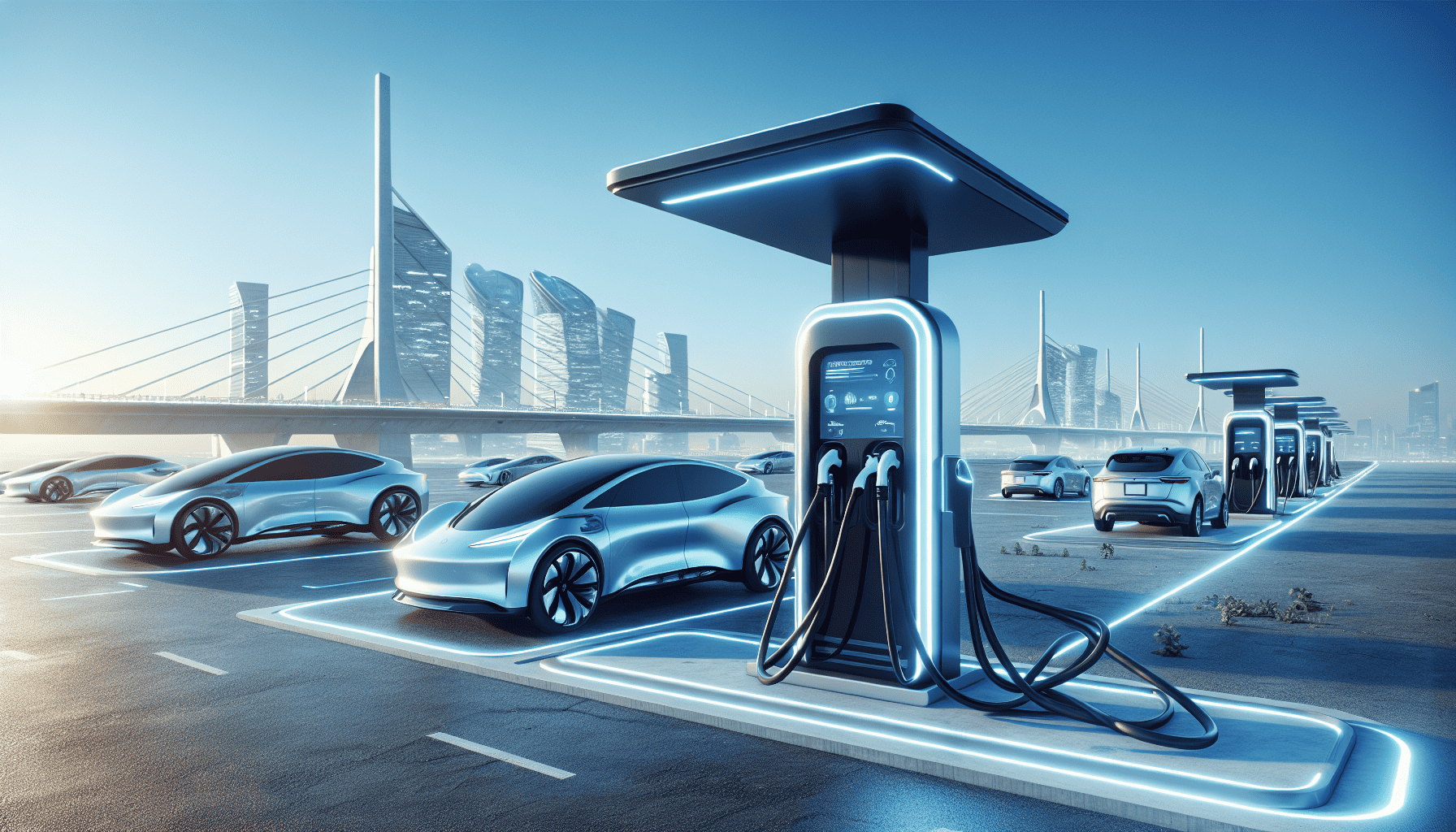In today's fast-paced world, where every moment counts, the importance of efficient and quick vehicle recharge services cannot be overstated. With the rise of electric vehicles (EVs) as a sustainable and eco-friendly alternative to traditional fuel-based cars, the demand for accessible and rapid charging solutions has significantly increased. The ability to recharge quickly and effortlessly keeps drivers on the move, making the transition to electric driving seamless and convenient.
As electric vehicles become more mainstream, the infrastructure supporting them must evolve to meet growing demands. Modern vehicle recharge services are stepping up to the challenge, offering innovative solutions that cater to the diverse needs of EV owners. From strategically placed charging stations in urban areas to ultra-fast chargers along highways, these services are designed to minimize downtime and enhance the overall user experience.
A significant advantage of the latest recharge services is their speed. High-power charging technologies have made it possible to replenish vehicle batteries at a rapid pace, often within minutes. This advancement reduces wait times significantly, allowing drivers to integrate charging into their schedules effortlessly. Whether it’s a quick top-up during a coffee break or a brief charge before continuing a long journey, these services ensure that drivers spend more time on the road than at charging stations.
Moreover, the convenience of modern charging solutions extends beyond speed. Many recharge services now offer digital platforms and mobile applications, providing users with real-time information about the availability of charging stations, pricing, and charging speeds. This technology-driven approach empowers drivers to plan their routes more efficiently, ensuring they reach their destinations without unnecessary detours or delays.
Convenience is further enhanced by the widespread availability of charging points. The goal is to create a network that rivals traditional fueling stations, allowing drivers to recharge their vehicles wherever they may be. This expansion requires collaboration between government bodies, private enterprises, and technology providers to install charging stations in residential areas, workplaces, shopping centers, and other public venues.
Additionally, innovative solutions such as wireless charging and battery swapping are gaining traction. Wireless charging eliminates the need for physical connections, offering a seamless experience akin to using a mobile phone's wireless charging pad. Battery swapping stations, on the other hand, provide an alternative solution where depleted batteries can be exchanged for pre-charged ones within minutes, enabling drivers to resume their journeys without delay.
The environmental benefits of efficient recharge services are substantial. By facilitating the rapid adoption of electric vehicles, these solutions contribute to reducing carbon emissions and reliance on fossil fuels. As more drivers opt for electric vehicles, the cumulative impact on air quality and global carbon footprints will be profound, aiding efforts to combat climate change.
In conclusion, efficient and quick vehicle recharge services are revolutionizing the electric vehicle landscape, making it easier than ever for individuals to transition to eco-friendly transportation. Through technological advancements, strategic placement, and increased accessibility, these services ensure that drivers can maintain their mobility with minimal disruption. As the network of charging solutions continues to expand and innovate, the vision of a sustainable, electric future becomes increasingly attainable, enabling us to move forward into a cleaner, greener world.
